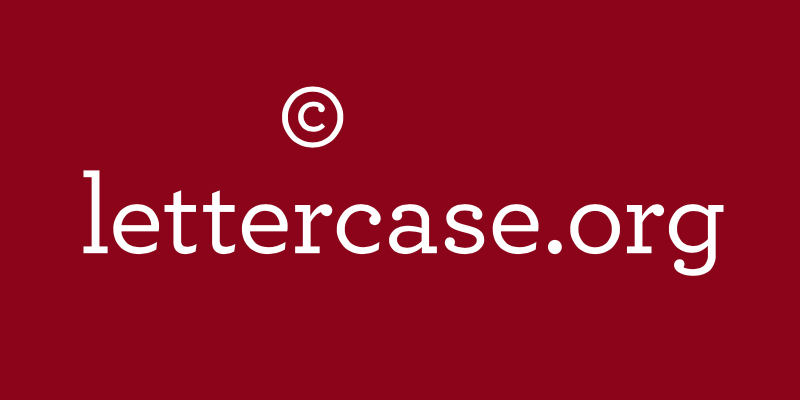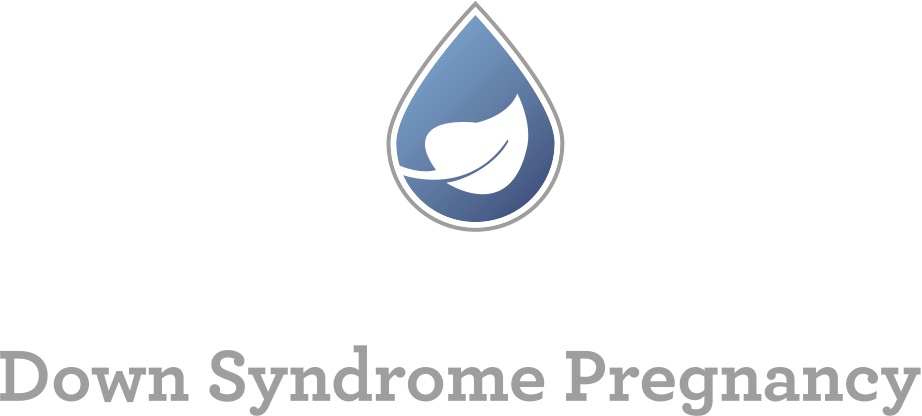Women’s Health
Women's health is a top priority at Genetic Support Foundation. By "women's health," we are referring to the healthcare of people assigned female at birth with any gender identity, as well as people who identify as women regardless of their sex assigned at birth.
Over 70% of the patients seen at GSF are assigned female at birth, with our experienced genetic counselors supporting their health across multiple specialties. Moreover, GSF is a women-led organization - 90% of GSF staff are women, and all GSF directors are women. Each bring their own identities, backgrounds, and passions to improving women's health issues across the lifespan.
Read on to learn about the many women's health services supported by GSF, including:
- Reproductive genetic counseling and prenatal genetic testing
- Development of balanced, evidence-based resources for new and expectant mothers
- Genetic counseling for hereditary breast and gynecological cancers
Pregnancy Genetics
Our prenatal genetic counselors provide a variety of support to pregnant people and people planning to become pregnant. For example, our genetic counselors:
- Assess family history for genetic conditions that may be present in the mother or pregnancy
- Evaluate potential genetic causes of infertility or multiple miscarriages
- Provide education and decision-making support for carrier screening and prenatal genetic testing
With constantly expanding options, navigating and making informed decisions about prenatal genetic testing can be particularly challenging for patients. Genetic Support Foundation is dedicated to providing the information you need to make decisions about your pregnancy and to decide what prenatal test(s), if any, are right for you.
Genetic Support Foundation provides a variety of free, online prenatal patient handouts and resources. In addition to these resources, Genetic Support Foundation partnered with the Washington State Department of Health to produce a series of seven educational videos and on Prenatal Genetic Testing:
How to Decide About Prenatal Genetic Testing
What Conditions are Commonly Tested for During Pregnancy?
Prenatal Cell-Free DNA Screening (cfDNA Screening)
Maternal Serum Screening (MSS)
Prenatal Ultrasound
Amniocentesis
Chorionic Villus Sampling (CVS)
Genetic Carrier Screening
¿Cómo decidir sobre las pruebas genéticas prenatales?
¿Cuáles condiciones se evalúan comúnmente durante el embarazo?
La prueba de detección de ADN fetal libre
La detección en suero materno
La ecografía prenatal
La amniocentesis
La muestra de vellosidades coriónicas
Prueba de Portador - Versión en Español
Vad kan de vanligast förekommande testerna under graviditeten visa?
Fosterdiagnostik - hur gör du ditt val?
Ultraljud under graviditeten?
Fosterdiagnostik – NIPT Cellfritt DNA
If you have questions about pregnancy genetics and/or prenatal genetic testing, click below to learn more and schedule an appointment with a prenatal genetic counselor.
Lettercase Prenatal and Postnatal Resources
Genetic Support Foundation is the new home of Lettercase National Center for Prenatal and Postnatal Resources!
Lettercase provides accurate, balanced, and up-to-date resources on genetic conditions for mothers and families learning about a new or suspected prenatal diagnosis. These resources are freely accessible online, and small quantities of printed resources can be requested for free by individuals and medical practices. In addition, Lettercase provides training to medical providers and advocacy organizations to improve care for children with genetic conditions and their families, including training about how to specifically address the needs of parents from historically underserved populations.
These resources provide information about medical issues, life outcomes, and supports and services for people with disabilities to address social determinants of health for the mother and baby. These resources are also available in multiple languages.
Learn more about programs offered through the Lettercase National Center for Prenatal and Postnatal Resources by visiting the websites below:
As the nation's clearinghouse & comprehensive training center for sharing accurate, balanced, and up-to-date information about genetic conditions, Lettercase leads the effort to make sure all expectant parent and providers have the resources and support they need at the moment of diagnosis.
Down Syndrome Pregnancy books offer support to expectant parents who are preparing for the birth of a baby with Down syndrome/Trisomy 21. All materials offer compassionate, practical, and up-to-date information and have been reviewed by leading medical and Down syndrome experts.
Have questions?
Do you have questions about women's health and the role that genetics can play? Schedule an appointment to talk with one of our genetic counselors.



